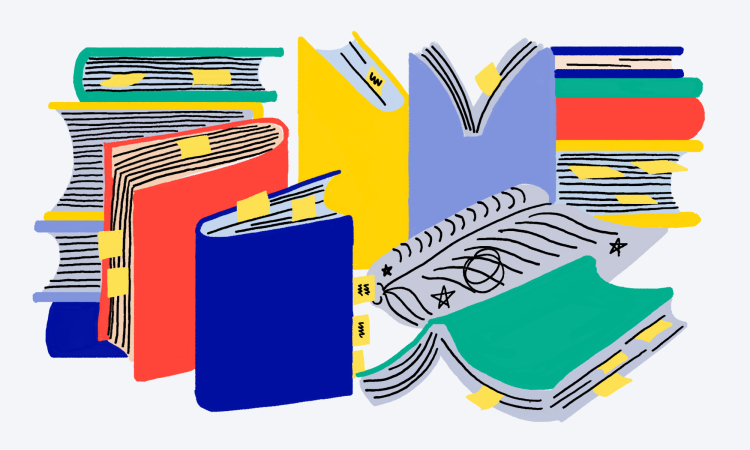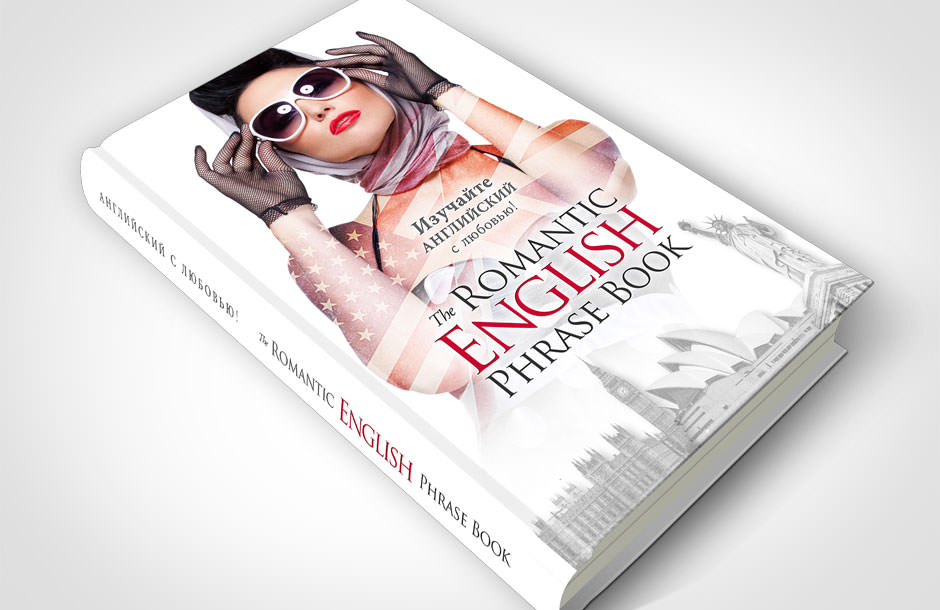Due to the nature of my job, reading ‘eats up’ at least two thirds of my time every day, it has always been so. The rest of the time goes on writing and living my human life, but this kind of lifestyle leaves me little to no time for thinking– I mean, the efficient, productive thinking that normally leads us to something new.

As a teacher, I read through lots of student materials daily; I have to learn a lot, because otherwise I will have nothing to teach them. As a translator/interpreter, I have to know a lot and this makes me read endlessly about so many diferent things. As an author… well, I don’t even have to begin explaining it: reading is critical.
This is why whenever I read an article, a coursebook text, or a piece of fiction, I catch myself on thinking: “Eww, too many words! Too many words! Guys, please!” I want to finish every piece as quickly as possible, because my ‘to read’ list is itself as long as a novel.

I am sure I am not alone in this. Many people regret having to waste their time even when they are reading a fiction book with no practical reason, for pure pleasure. Time is becoming our strictest warder; we simply can’t afford to spend days on reading a book anymore.
I thought I found an answer by starting to listen to audiobooks when I am in gym or while cooking and doing stuff with my hands. It helped, not for a long time, though. My ‘to read’ list is still growing fast, and my time is still slipping away.
Some colleagues suggest that it’s good to study speed reading. I am sure it is, but is this going to solve the problem? Just a little, but– no, I’m afraid. I believe that we are going to end up inventing a way of speed thinking soon. But isn’t thinking in a hurry the most dangerous business of all?
I think the best answer for readers would be to ‘brush up’ their ‘to read’ lists and start reading more selectively, while writers will have to accept the approach of condensed writing — when everything is put in the most precise and well-structured way, so that the reader can easily grasp the idea of every passage and quickly move on.
In fact, the process is taking place already, even for the fiction books. I just analyzed a dozen of bestsellers published in 2018 and compared them to a dozen of fiction bestsellers which were first published between 2000 and 2005. The results are very interesting: on the total, the more recent novels have become more ‘visual’ and imaginative (the descriptions are built to create fast images in the reader’s mind); the passages in novels have become shorter; there are more dialogs, in which sentences are becoming shorter, too, and it is not unusual to see chapters of the cize of a page anymore. As far as I know, this was not a usual thing in the literature published in the 20-th century.
So, condensed writing is taking over little by little. I think I need to study and compare more texts — who knows, maybe a deeper research is going to reveal more tendencies which I have not noticed yet?










johnlmalone
/ January 12, 2019an interesting post. I grow very impatient with novels that are baggy with description and elaborate plot lines
LikeLiked by 1 person
Rina Tim
/ January 12, 2019I also feel the same about some books, sometimes even about classics. The rhythm and style of our life makes us selective about what we are ready to read. If a book is overloaded with descriptions or has unnecessary details/characters, it makes me impatient, too. I prefer fast-paced books, which reveal something new, or teach me some new experience, or simply draw a picture of real life, just the way it is. Today, more and more people prefer such ‘condensed’ reading to really long, descriptive novels.
LikeLiked by 1 person
philstanfield
/ January 13, 2019From more than 30 years ago: the most condensed piece of writing I have ever read (in Russian) was Pushkin’s The Shot. On the surface, a story about a man sitting on his bed firing his pistol into the walls of his room. But the depth of the story and the tightly interwoven layers of its meanings was utterly amazing. No wonder Pushkin is regarded as Russia’s greatest writer. I was in a discussion a little while ago re- whether or not Australia has a ‘great’ writer. I hold the position that it doesn’t – primarily for 2 reasons: in terms of its white domination, it is too young, and related to that, Australians pride themselves on their servility. Also, re- sci-fi, fantasy and dystopia: the Russians are the best writers of it (Bulgakov, Zamyatin).
LikeLiked by 1 person
Rina Tim
/ January 13, 2019Thank you for your feedback, Phill. You do know Russian literature, and I am glad that our tastes are alike. I also find Pushkin the greatest Russian poet/writer of all times, and Bulgakov is absolutely the best of all writers of the Soviet era (among the Soviet poets, Boris Pasternak was the best in my opinion). Also, if you are interested, try reading something by Strugatsky brothers. I am not sure the translations are very good, but their original (Russian) books are amazing. I just recently mentioned their best books in a post — https://rinatim.com/2019/01/11/definitely-maybe-a-book-review/
LikeLiked by 1 person
Alex
/ February 10, 2019Speed thinking will put your mind in a rush. It is not good for your mind or body.
LikeLiked by 1 person